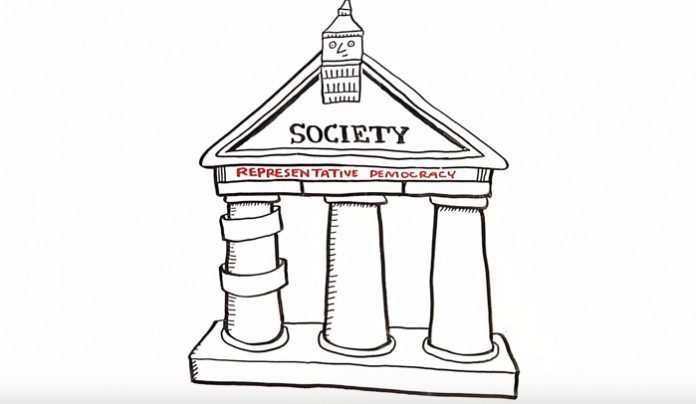A representative democracy allows people to vote for elected officials to directly represent their needs in a ruling entity. This representation can occur in governments that are local, regional, or national. Instead of requiring a vote by the people every time an issue comes up, the representatives can vote on behalf of their district to simplify the process. Here are the key points to consider when evaluating the pros and cons of representative democracy.
The Pros of a Representative Democracy
1. It allows a government to act based on what the majority wants.
Instead of the government dictating what is best for its people, a representative democracy allows for the people to dictate what is best for the government. If an elected official is not representing the wishes of the majority, they can be voted out of office on the next election cycle.
2. It allows for national level attention to be brought to the individual.
Everyone has a say if they want it in how the government is run in a representative democracy. Even if their vote is in the minority instead of the majority, they were still able to make their voice heard and potentially influence the future.
3. There are checks and balances in place to keep the system fair.
A representative democracy places checks and balances on each branch of government to ensure that no one single branch has too much power. This allows everyone to get their opinion heard at some point during the legislative process.
The Cons of a Representative Democracy
1. Gridlock can happen frequently.
Unless there is a large group of elected officials who are within the same political group, gridlock happens more often than not. This is because a local majority must fight against other local majorities at a national level and those two points of view don’t often agree with each other. In the long run, nothing really gets done.
2. A super majority can dominate the government.
If there is a super majority, where two-thirds of elected officials are within the same political group, then the majority can dominate the minority and there’s nothing that can be done to stop the process until the next election cycle.
3. Representatives can act on their own.
Although they are elected to represent the people, a representative doesn’t have to vote based on the local majority. They can vote based on their own personal preferences once in office and only a recall election or voting against them during the next cycle can remove representatives that do this.
The pros and cons of representative democracy show a system of government that strives to be fair to all. Like any other system of government, there is the potential for it to be abused. As long as the negative components can be carefully managed, this system of government may be one of the best that humanity has devised.
Crystal Lombardo is a contributing editor for Vision Launch. Crystal is a seasoned writer and researcher with over 10 years of experience. She has been an editor of three popular blogs that each have had over 500,000 monthly readers.


















